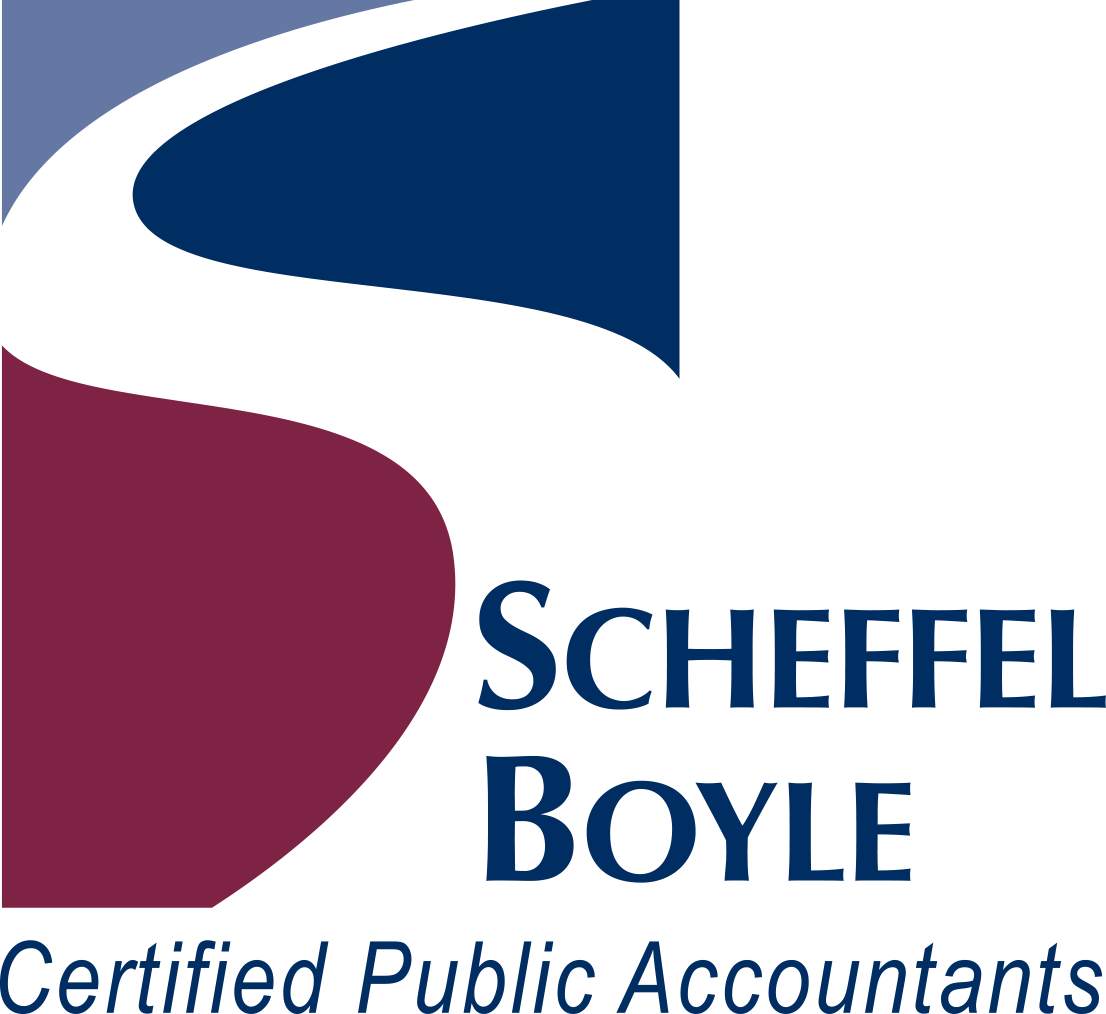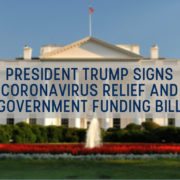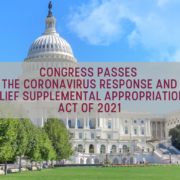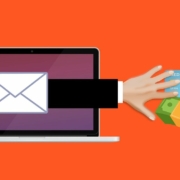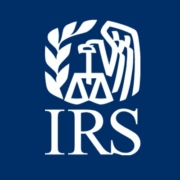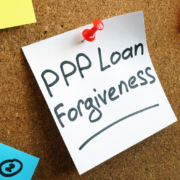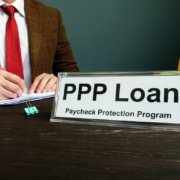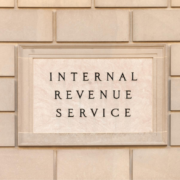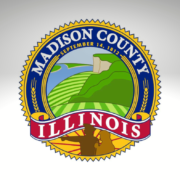The IRS yesterday released Revenue Ruling 2020-27 to clarify the timing on the deductibility of expenses paid with PPP loan funds.
The ruling asks the question, “may a taxpayer that received a loan guaranteed under the Paycheck Protection Program (PPP), and paid or incurred certain otherwise deductible expenses listed in section 1106(b) of the Coronavirus Aid, Relief, and Economic Security Act deduct those expenses in the taxable year in which the expenses were paid or incurred if, at the end of such taxable year, the taxpayer reasonably expects to receive forgiveness of the covered loan based on the otherwise deductible expenses?”
BACKGROUND:
Back in May 2020, the IRS issued Notice 2020-32 that informed taxpayers that “no deduction is allowed for an eligible expense that is otherwise deductible if the payment of the eligible expense results in forgiveness of the covered loan.” That meant that even though the forgiveness of the covered loan was exempt from income, the nondeductibility of the expenses has indirectly caused the loan to be taxable. Over the last few months, Congress has proposed legislation that would make the expenses deductible, but nothing has been passed through congress to date. In addition, as we are approaching the end of the year, taxpayers who haven’t applied for forgiveness have been left wondering the timing of the deduction of the expenses depending on if forgiveness is obtained in a subsequent year. This brings us to Revenue Ruling 2020-27.
THE NEW REVENUE RULING OFFERS TWO SITUATIONS:
- Situation 1: During the period beginning on February 15, 2020, and ending on December 31, 2020 (covered period), Taxpayer paid expenses that are described in section 161 of the Internal Revenue Code and section 1106(a) of the CARES Act (eligible expenses). These expenses include payroll costs that qualify under section 1106(a)(8) of the CARES Act, interest on a mortgage that qualifies as interest on a covered mortgage obligation under section 1106(a)(2) of the CARES Act, utility payments that qualify as covered utility payment under section 1106(a)(5) of the Cares Act, and rent that qualifies as payment on a covered rent obligation under section 1106(a)(4) of the CARES Act. In November 2020, taxpayer applied to the lender for forgiveness of the covered loan on the basis of the eligible expenses it paid during the covered period. At that time, and based on taxpayer’s payment of the eligible expenses, taxpayer satisfied all requirements under section 1106 of the CARES Act for forgiveness of the covered loan. The lender does no inform taxpayer whether the loan will be forgiven before the end of 2020.
- Situation 2: During the covered period, Taxpayer paid the same types of eligible expenses that were paid in Situation 1. Taxpayer did not apply for forgiveness of the covered loan before the end of 2020, although, taking into account the Taxpayer’s payment of the eligible expenses during the covered period, satisfied all other requirements under section 1106 of the CARES Act for forgiveness of the covered loan. Taxpayer expects to apply to the lender for forgiveness of the covered loan in 2021.
ANALYSIS PROVIDED BY THE REVENUE RULING:
In both situations, the Taxpayer had a reasonable expectation of the reimbursement. At the end of 2020, the reimbursement of the Taxpayers eligible expenses, in the form of covered loan forgiveness, is reasonably expected to occur rather than being unforeseeable, such that the deduction is inappropriate. Taxpayer’s eligible expenses are not deducible because there is a reasonable expectation of reimbursement.
A Taxpayer that received a covered loan guaranteed under the PPP and paid or incurred certain otherwise deductible expenses may not deduct those eligible expenses in the taxable year in which the expenses were paid or incurred if, at the end of such taxable year, the taxpayer reasonably expects to receive forgiveness of the covered loan on the basis of the expenses it paid or accrued during the covered period, even if the taxpayer has not submitted an application for forgiveness of the covered loan by the end of such taxable year.
In summary, no matter when the application is filed or when it is approved for forgiveness, if reasonably expected to obtain forgiveness, the expenses will be nondeductible in 2020.
What was not provided in the Revenue Ruling was how to handle business owners with no employee payroll (for example, Schedule C filers with no employees). These business owners don’t have the qualified expenses that qualifies them for forgiveness.
HOW CAN WE HELP
Our team is available to assist you during the process of applying for PPP loan forgiveness. We anticipate there may still be some modifications to the Paycheck Protection Program in the coming weeks and our team is closely monitoring the situation. We will update you as any such changes or new laws are released. Please contact your trusted Scheffel Boyle team member with questions. We are always here to help.
